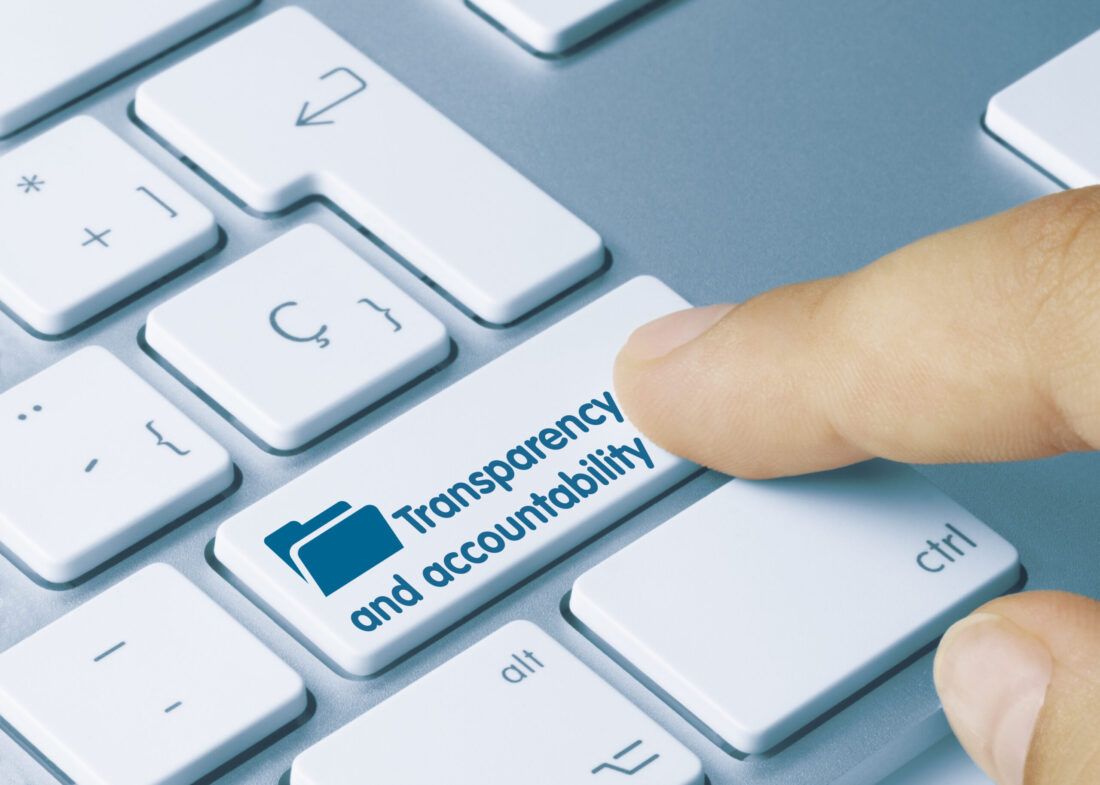Kansas is the third-worst state to retire from a tax perspective, according to Kiplinger’s, a personal finance magazine. Only Nebraska and Connecticut are worse.
“While there’s no place like home, maybe Dorothy should think about returning to Oz when she retires to avoid Kansas’ high taxes,” the magazine reports.
The magazine annually maps out the tax landscape for retirees in all 50 states and the District of Columbia, recognizing that the differences in state and local tax burdens can be enough to break the bank for retirees on limited incomes. Editors base their findings on estimated state and local taxes for a hypothetical retired couple with an income derived from a mixture of Social Security, an IRA, a private pension, interest and dividends, capital gains and a $400,000 home and a $10,000 deductible for medical expenses.
The hypothetical couple doesn’t fare well in Kansas, despite the state’s affordable homes.
Kansas Chamber President Alan Cobb notes one bright spot in Kiplinger’s findings.
“We don’t have an estate tax. That puts us higher than some states,” he said.
Kiplinger’s editors note that Kansas taxes Social Security benefits of residents with incomes higher than $75,000 and fully taxes IRAs, 401ks, private-sector pensions, and out-of-state public pensions. Military, federal, state and local government pensions are exempt from state taxation.
The couple’s purchasing power also suffers because Kansas’s average sales tax rate is the eighth-highest in the nation. And despite a likely more lavish home for $400,000 than the couple is likely to find in California or Florida, the Kansas home comes with a hefty property tax bill. Kiplinger’s notes that Kansas’s property taxes are the 15th highest in the country.
That’s something Sen. Caryn Tyson, a Parker Republican who chairs the Senate Assessment and Taxation Committee, is hoping to examine property tax increases in the next legislative session.
“The reality is that Kansas taxes are high and we need to address this,” she said “We continue to increase the burden on our taxpayers while not seeing the efficiencies and the results we should be. Until we address that, we’re going to continue to have problems as a state.”
Kiplinger’s dismal analysis follows regular annual reports from other entities that show Kansas’s outmigration is one of the highest in the country. For example, United Van Lines does annually ranks state migration. In 2018, the company determined that Kansas was the fifth-most moved from state in the nation, and Kansas’s numbers revealed an increase over the year before in the percentage of people leaving the state.
“We’ve got to get smaller and smarter government to address the high tax burdens in the state,” Tyson said.
The annually published Rich States, Poor States: ALEC-Laffer State Economic Competitiveness Index ties state economic policies to migration. The study’s authors–economists Jonathan Williams, Stephen Moore, and Art Laffer– note in the 12th edition, published in 2019, that states that fail to adapt to economic realities will fall behind.
“Generally speaking, states that spend less–especially on income transfer programs–and states that tax less–particularly on productive activities such as working or investing–experience higher growth rates than states that tax and spend more,” they write.
Kansas ranked 40th in the index’s economic performance rankings in 2019.
According to Cobb, there will always be people who move to warmer climates or move due to other factors state officials can’t control.
“There are some people who are simply going to move, but that doesn’t mean we can’t improve what we’re doing,” he said.



